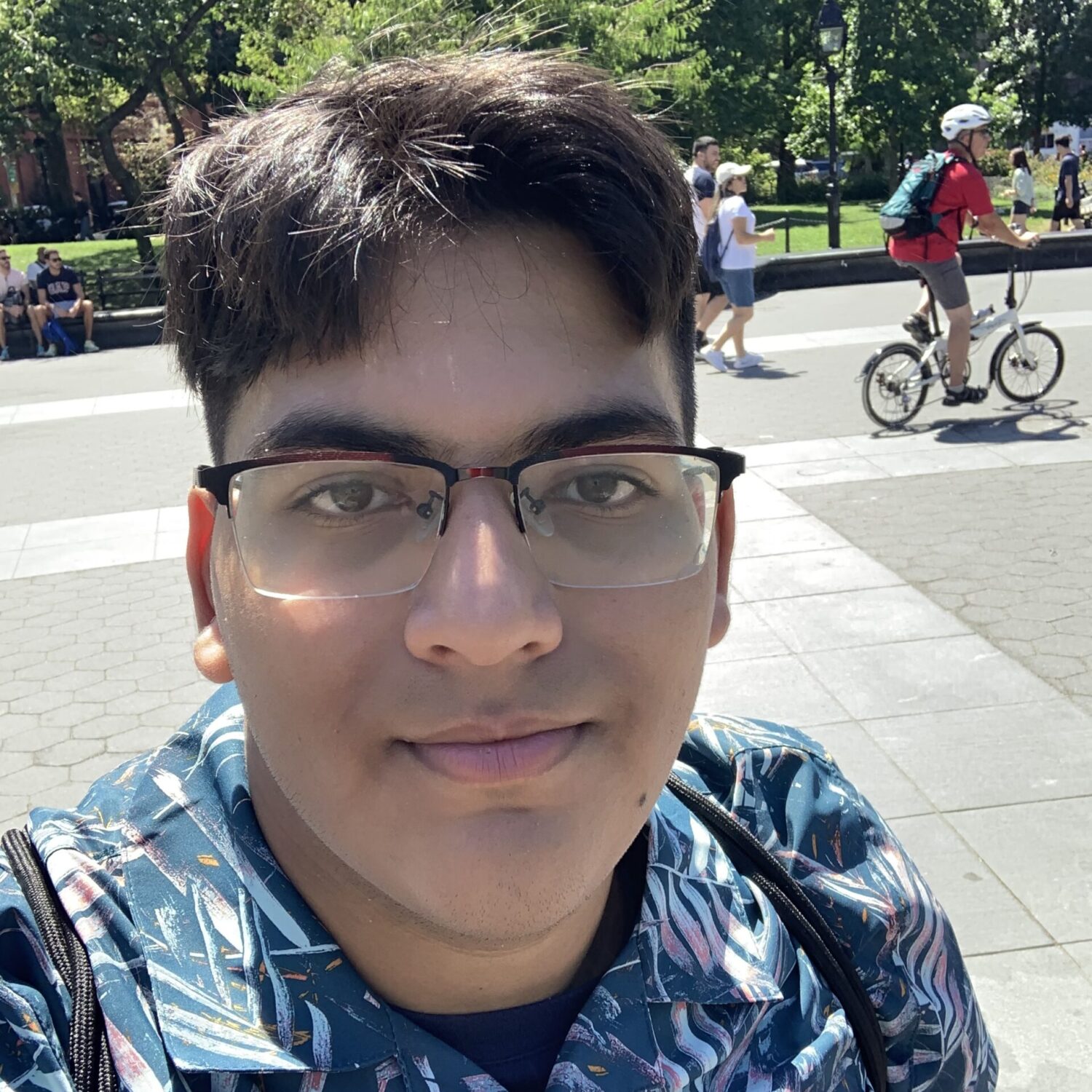It’s always a different type of struggle being the child of someone who immigrated to the United States, especially when it comes to language particularly. But this may not be heading in the direction you may presume. It’s common to see many people discuss their struggle with fitting into American society because their, or their family’s way of speaking English was different from how other spoke. This made them feel different in some way. I would say that it’s almost to the extent that those people considered themselves of being too foreign. However, my type of situation is regarding to how I was too “American” in my native country.
In March of 2021 I went on a trip to Pakistan for my aunt’s wedding. Unfortunately, due to the pandemic, my trip ended up being far longer than anticipated. It was meant to be only two weeks, but I ended up staying five months due to flight closing due to a surge in COVID cases in South Asia. In Pakistan the language primarily spoken is Urdu. I was relatively good at speaking Urdu, to the extent that most people there didn’t even realize that I was only a visitor. I learned my Urdu speaking ability as a child as it was the language my parents used with me at home. To this day I speak to my parents in Urdu. Despite this, I never really picked up on how to read in Urdu as to me it appeared to be quite complicated. My parents urged me to learn but once I started school, I just never had the time nor cared enough to do so. To be honest, at that time I didn’t even care that I didn’t know how to read Urdu. My way of thinking was that learning to read Urdu would be useless to me because they don’t use Urdu in America. However, my perception of that shifted while I was in Pakistan.
As I said previously, I was basically stuck in Pakistan for five months. I spent most of my time with my cousins who were around my age. One night we were all staying over at one of my cousin’s houses and I was asked about how my life was back in America. I told them that my life was pretty good. I proceeded by saying how I liked how the community I lived in had a high population of desi people, me being one of them. For context, the term desi is used in America to describe people of primarily South Asian descent, referring to Indian, Pakistani, etc. This is when one of my cousin’s stopped me. He said that because I was an American, I didn’t qualify to be desi. He brought up the technicality that the term desi refers to people within South Asia who are native or local. My cousin proceeded by saying that there was another term that was used to describe “someone like me”. That term was pardesi, which inherently meant a foreigner. I argued by saying that both my parents were desi and that my Urdu was so good that strangers in Pakistan wouldn’t even think I’m a foreigner. I thought I made two pretty good points, but then my cousin rebutted them by saying that since I was born in the United States, raised in the United States, and that I didn’t even know how to read Urdu, I just would never qualify as desi. My cousins were laughing hysterically and at the time I just said whatever and laughed along, but really, I wasn’t too fond with what I had heard.
That night I didn’t sleep much. I recall contemplating the whole night how even after being able to speak so well and expressing my Pakistani identity proudly, I was still considered a foreigner just because I was American. But for me, that little interaction gave me some motivation. For the remainder of my time there I started reading in Urdu, but not in the way you would normally start reading an unfamiliar language. It may seem odd, but I learned reading Urdu from just reading signs on the road and names of various shops. Steadily I moved towards reading more and more challenging words. At this point I still wouldn’t consider myself a good reader as I make mistakes here and there, but I’ve definitely come a long way from where I was before my trip to Pakistan. The day I was leaving from the airport my cousin who jokingly called me a foreigner came up to me and told me how he was really impressed on how quickly I picked up on reading Urdu. My cousin and I hugged it out and for me it was a really good way to end off a special trip to my native country of Pakistan.
I think the social significance comes into play in the fact that where many people struggle with this issue of fitting in because of identity. Whether that may be trying to fit into American society by shying away from expressing your foreign identity or trying to express your foreign identity meanwhile being too “whitewashed” for your own culture. This struggle is seen most common in children of new immigrants. The important thing to keep in mind is that your national identity belongs to you. It doesn’t matter if people perceive you to be too foreign in any place. At some point there’ll be a society where everyone’s so different that you wouldn’t even be able to identify what’s common between those group of people. Don’t let anyone force a part of you inside, express who you are and each and every part of your identity. It’s all special.


